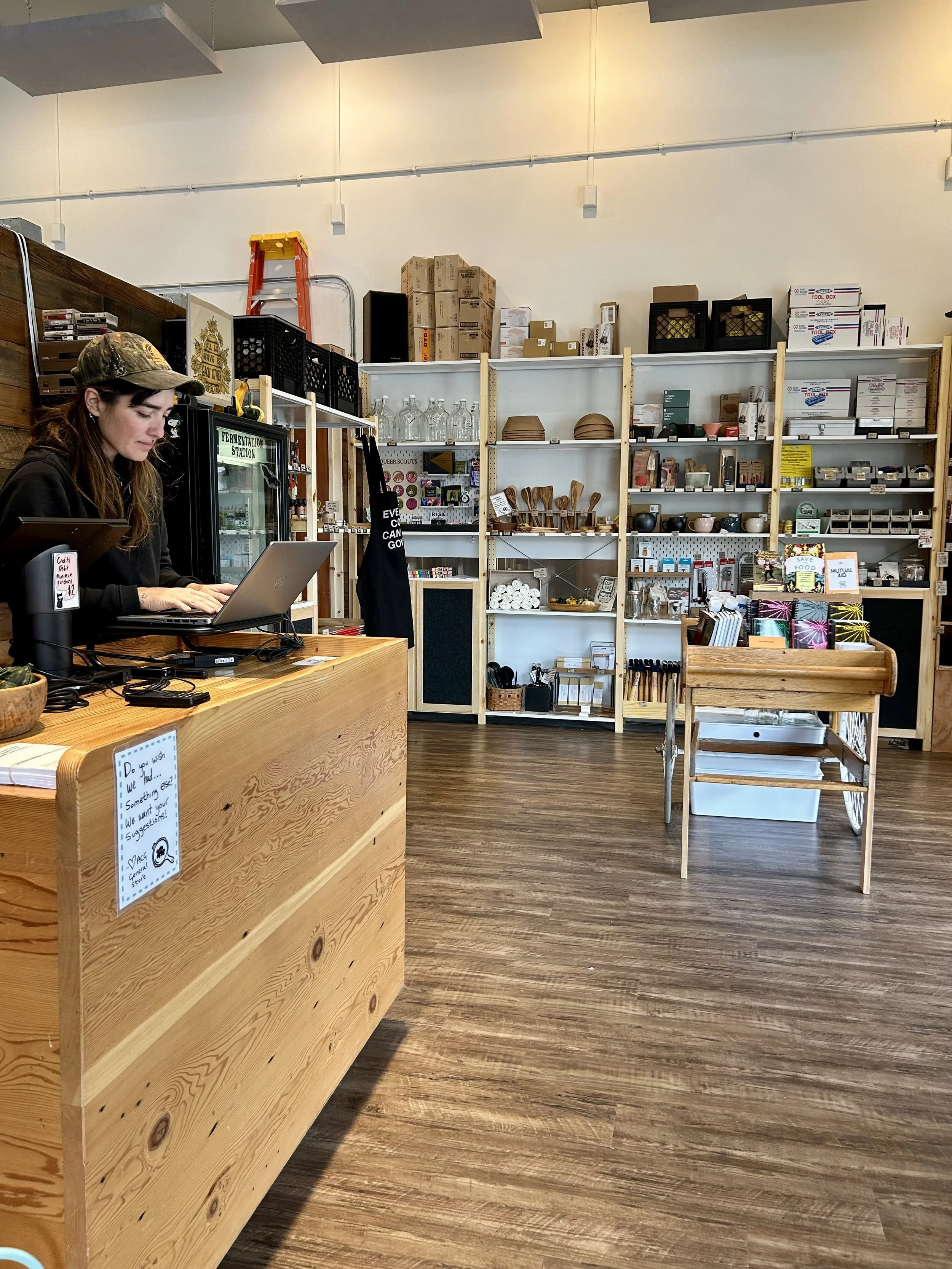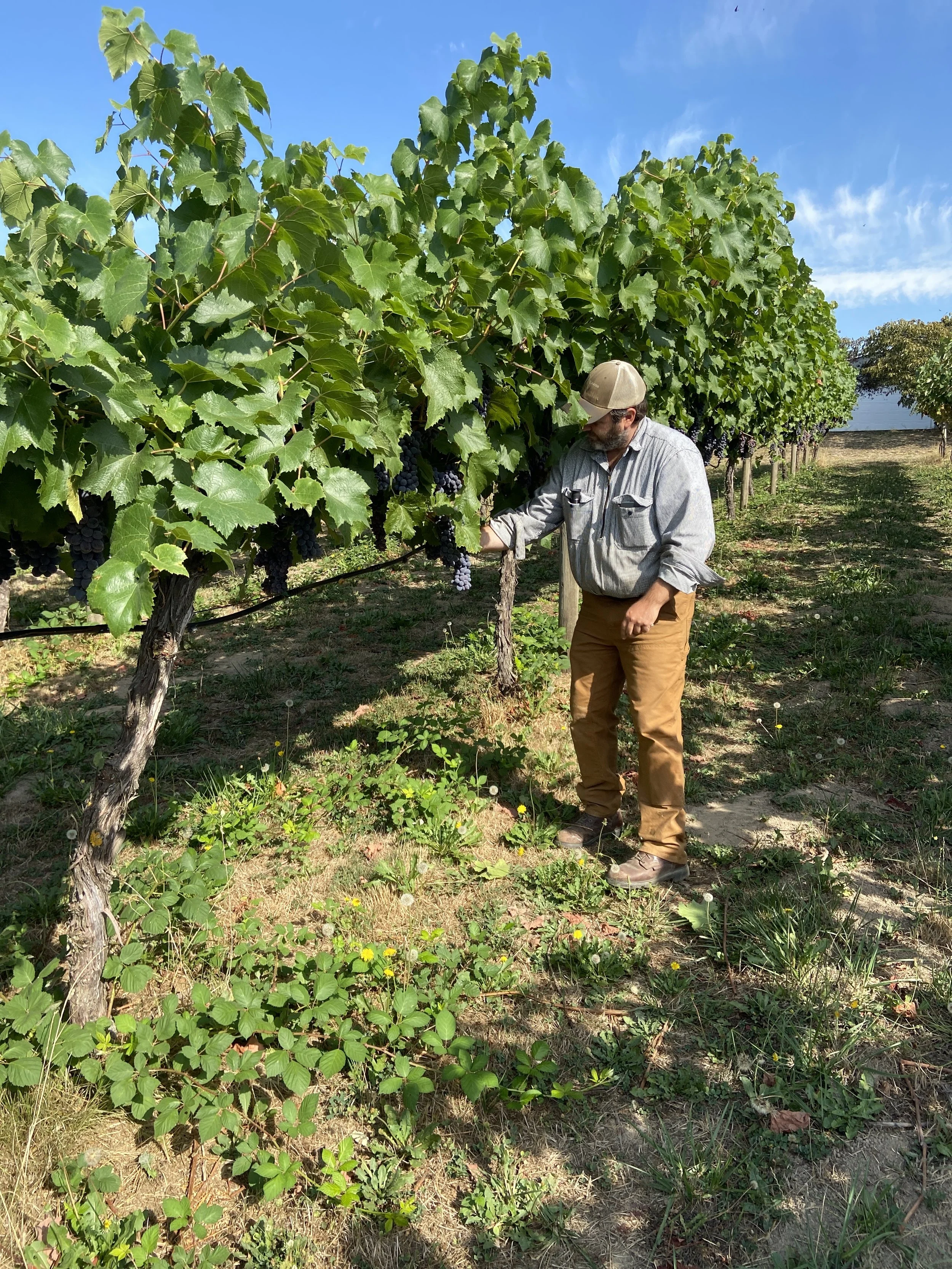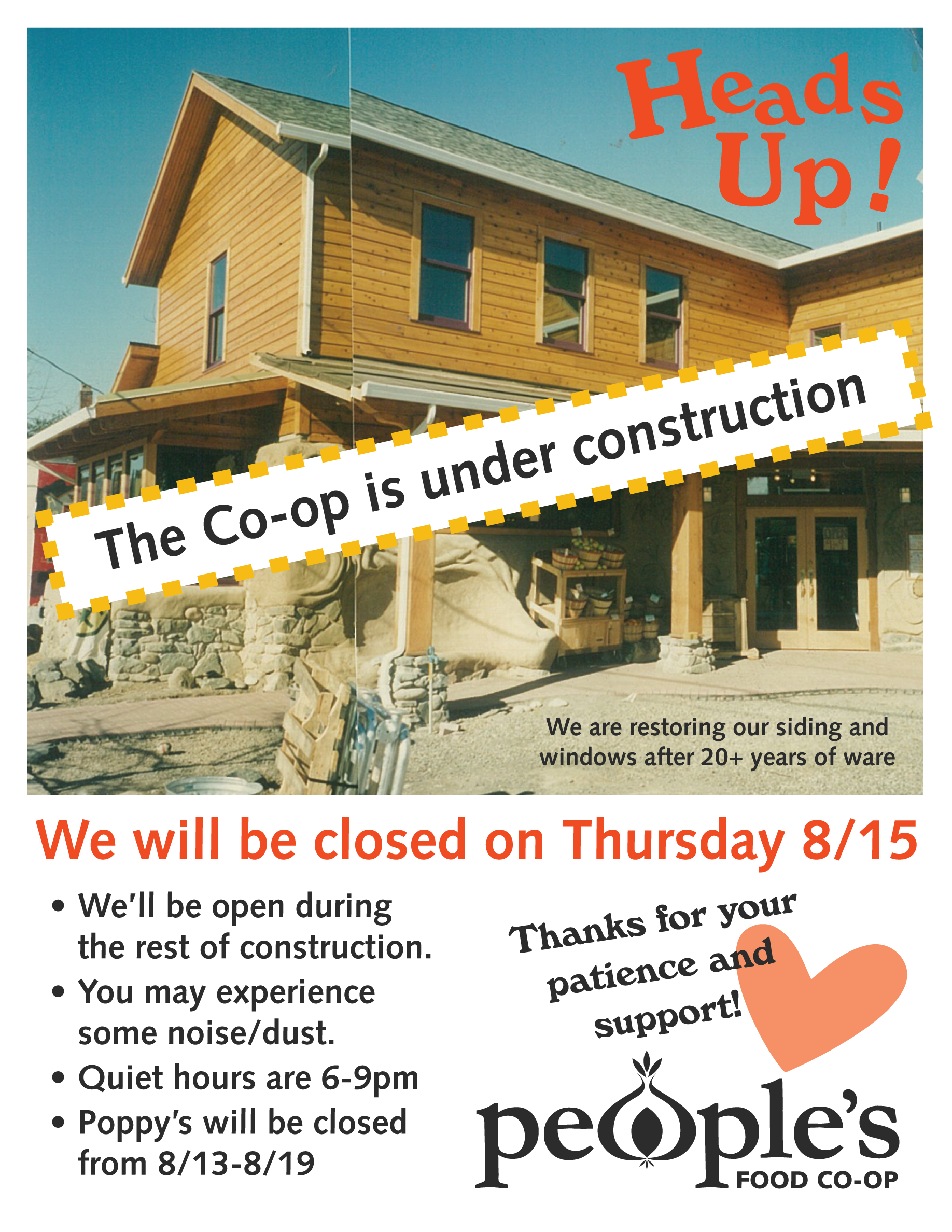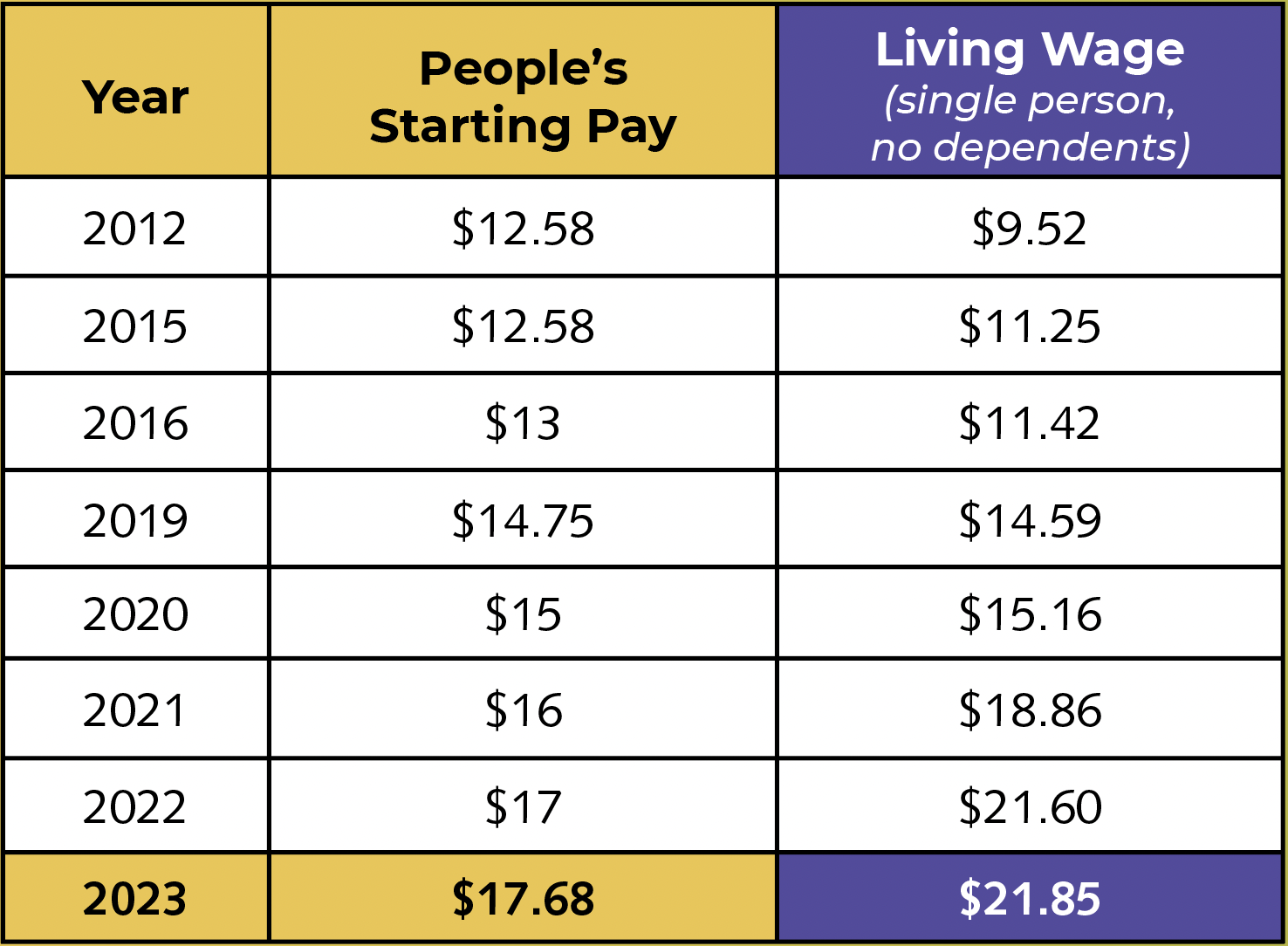SNAP Update at People’s Food Co-op
We’re closely monitoring the government shutdown’s impact on SNAP funding as well as SNAP funding in 2026. Here’s what we know as of November 1:
Current Situation
UPDATE 11/12/25: November SNAP benefits have been distributed in full in Oregon after a U.S District court order to release the funds.
The current federal government shutdown is causing a delay in distribution of Supplemental Assistance Nutrition Program (SNAP) benefits. SNAP recipients received benefits in October, however November’s benefits are in question. We recommend checking Oregon Department of Human Services for updates to individual benefits: https://www.oregon.gov/odhs/news/pages/snap-updates.aspx
Federal judges have blocked the Trump administration’s attempt to cut off food assistance funding starting 11/1. “However, without clear next steps from the administration, SNAP funding has expired. This is devastating for 750,000 Oregonians who rely on these benefits to buy food.” Andrea Williams, OFB President
In response to ongoing uncertainty, Governor Kotek has declared a state of emergency and allocated $5 million to the Oregon Food Bank. Oregon “is limited and cannot match the $140 million gap in SNAP benefits that Oregon families would typically rely on this month. And no food bank can replace SNAP. For every meal we provide, SNAP provides nine.” Williams, OFB The Oregon Food Bank plays a key role in enabling the Co-op to provide Double Up Food Bucks (DUFB) for our SNAP customers.
Local businesses and orgs are raising money and providing free resources to the community members who are food insecure.
The situation is evolving rapidly. We’ll continue to share updates as soon as we can!
SNAP at People’s Food Co-op
UPDATE 11/7/25: The Double Up Food Bucks matching program is back to normal operations until further notice. $1 for $1 SNAP match up to $20 per visit on fresh fruits and vegetables.
The Oregon Food Bank is developing a new way to offer Double Up Food Bucks at the Co-op through an estimated 1:20 match. This means SNAP shoppers may soon be able to access up to $20/day in Double Up Food Bucks for every $1 spent using EBT.
This initiative is still in development, please stay tuned for more updates.
Other resources at Peoples: If you use SNAP but do not have a Double Up Food Bucks account at People’s, we’d love to sign you up at our register. We also offer an additional 5% discount and coupons to Member-Owners and have a program that gives free Co-op memberships to people in need. Inquire and sign up at the register any time.
SNAP at People’s Farmers’ Market
Our Farmers’ Market Double Up Food Bucks program is funded by the Farmers Market Fund, which has secured funding through November. The Fund created an Emergency Double Up Food Bucks plan which will provide a $.01:$20 match, ensuring continued access to fresh, local food during this uncertain time. We were able to launch the Emergency Double Up Fund at our Farmers’ Market this week!
UPDATE 11/12/25: Double Up Food Bucks is back to normal operations at the People’s Farmers’ Market. $1 for $1 SNAP match of fresh fruits and vegetables up to $20 per day.
Food Security Fundraiser at the Co-op
In response to recent events, our community has expressed the desire to raise money for community members who are facing food insecurity. To meet that energy, we are immediately modifying our register round up to raise funds to alleviate hunger and food insecurity. Although we don't yet know exactly how these funds will be distributed, we can assure you that they will be distributed either directly to community members in need and/or to organizations working to alleviate food insecurity in our community.
Free Food Resources in Portland
You can find a list of free food programs and mutual aid efforts here:
https://docs.google.com/document/d/1YoPfWyHnwaTAhzlDM94YYvJTZqWGBSNNwkL1p-TGHuY/edit?usp=sharing
Ways You Can Help
Donate or volunteer with mutual aid groups and organizations listed in the resource document listed above*. Community fundraising and volunteer efforts are making a real difference right now.
Support local businesses that accept SNAP, including our Farmers’ Market vendors, neighborhood corner stores, and food co-ops. SNAP dollars are vital to our local economy - when funding is disrupted, small businesses and markets feel the impact.
Call federal leaders and the USDA and demand SNAP funding.



























